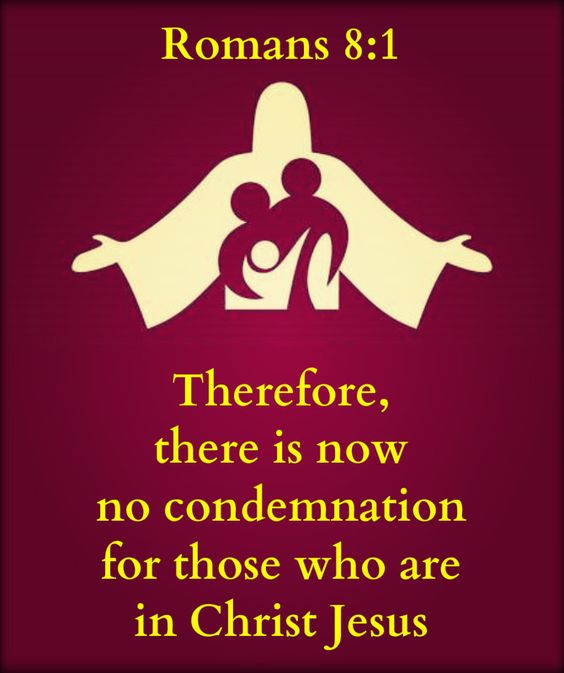Of Salvation (1)

You cannot lose it!
1)
“What did you do to be saved?” I asked somebody. “I brought out the faith in me and believed the words of salvation, that was the work of my contribution,” and in his continuation, “If not for my effort, God would not have succeeded in getting me born again.” I could not help in asking, “That, in essence, means God owes you gratitude; right?” His firm belief was, “He asked me to do something. I did what He asked me to do. What next? ‘Thank you,’ of course.” At this juncture, I thought it right to go satirical: “I see, you rescued God from what could have ended in soteriological failure.” Honestly, I want to believe that some Christians would want to believe that they did God a favour which, otherwise, would have resulted in the failure which would have chimed reverberations through eternity if they had not stood in the gap of adhering to His call. They probably believe they saved that eternal shame. It will not surprise me if such people think that God would not have had His desire met; and that failure would stare at His Almighty’s eternal visage for the rest of His eternal life. They believe they participated in this salvation.

The righteousness through the faith of Christ,” (Philippians 3:9).
Thinking that one has a hand in this Divine salvation leads to believing that this salvation can be lost. Logical trajectory of human cogitation will tend towards the conclusion that a salvation that has human participation can, definitely, slip out of one’s hands if one commits a sin which constitutes a breaking away from God’s covenant. Can salvation be truly insecure? Of salvation, I know of several scriptures that teach irreversibility of soteriology, two of which are Jude 1:1 and 1Corinthians 3:15.
Jude 1:1 reads, “Jude, the servant of Jesus Christ, and brother of James, to them that are sanctified by God the Father, and preserved in Jesus Christ, and called:” where three key words: ‘sanctified, preserved and called’ are respectively the Greek words hagiazo, tereo and kletos. Hagiazo (ha-ǰiy-a’-zō) means: ‘to make holy, to set apart unto God and apart (alienate) from the world; (ceremonially) to cleanse; (mentally) to reverence.’ Tereo (tee-re’-ō) is: ‘1. to guard (from loss or injury). 2. (Properly) by keeping the eye upon, i.e. to note (a prophecy). 3. (Thus, figuratively) to fulfil a command. 4. (By implication) to detain in custody. 5. (Thus, figuratively) to maintain. 6. (By extension) to withhold for personal ends. ’Kletos (klee-tos’) is: ‘(Specially, divinely) called forth. (Figuratively) invited. (Specially) a person redeemed by Jesus (i.e. the called of Christ, the Anointed One).’

Jude makes it clear that this divine salvation is an act of foregoneness. In the eternity past, God the Father had looked into the future; had taken note of those who would, from their hearts, decide to receive Jesus as Lord and Saviour. What did He do, according to Scriptural revelation? He wound round those people, even before the creation of Adam, what the Greek calls hagiazo, setting us apart, from the evil world of Satanism, unto Himself. We were reverentially cleansed even before we got officially regenerated spiritually, in His Majestic sight. Did the LORD God stop there? He did not. He went a spiritual step ahead to tēreō us in the fashion of refrigeratory custody in Christ, ensuring being guarded from loss – this is strictly a matter of divine maintenance of our salvation. The number three– which stands for perfect manifestation of the Godhead – in the soteriological act, is resurrection: for without the resurrection none can be born again. The third thing God did to idealize salvation is the “call”.
You will hear, with your ears, of the Golgotha sanguineous event, the consummation of which Jesus Christ performed. God knew when you would heed the call, ergo, He sanctified and preserved you and made available, His pronunciamento of John 3:16, for the eventual call to be betrothed to the Second Member of the Godhead, Jesus Christ. It is for this spiritual effect Jude couched the second verse: “Mercy unto you, and peace, and love, be multiplied” (Jude 1:2). The second verse pertaining to salvation is 1Corinthians 3:15 “If any man’s work shall be burned, he shall suffer loss: but he himself shall be saved; yet so as by fire.” Every Christian must do the righteous deed of evangelism. Christians, being the living epistles for the world to read, we are expected to be full of good works, for which each will receive rewards in heaven.

Notice what eventually happens to the Christian who has suffered the loss of reward; the conjunctional “but” introduces the apodosis: “he himself shall be saved.” Jude 1:1 has explained why he shall be saved. I have to get your mind cleared of any unnecessary ambiguity, therefore, let us get acquainted with Pauline Romans 11:29; it reads, “For the gifts and calling of God are without repentance.” Charisma (khar’-is-mah) is the Greek for ‘gifts’ which means: ‘a (divine) gratuity, that is, deliverance (from danger or passion); (specifically) a (spiritual) endowment, that is, (subjectively) religious qualification, or (objectively) miraculous faculty.’ The English word ‘calling,’ is klēsis (klay’-sis) in Greek, defined as: ‘A calling, invitation; of the divine invitation to embrace salvation of God.’
Now Paul pointedly asseverates that the ‘gifts’ and the ‘calling’ are ‘without repentance’ which, in the Greek is ametamelētos (am-et-am-el’-ay-tos): ‘Not repentant of; unregretted; irrevocable.’ If God had, in the counsel of the Godhead, decided that the Christian salvation operates in a decree of irrevocability, what then can sever us from the love of Christ? Selah! You, most definitely, cannot lose your Christian salvation if you truly got born again. Amen!

Getting born again is a conscious effort on the part of an individual. Get born again. Say this sinner’s prayer.
“Dear heavenly Father, I come to You now in the name of Jesus Christ. I believe in my heart that Jesus is the Son of God. I believe that Jesus died on the cross for my sin. I believe that You raised Him from the dead. I confess with my mouth that Jesus is Lord and I receive Him now as my Lord and my Saviour. I give God all the glory. Amen!”
(…to be continued…)
Read part 2 here
Visits: 257
